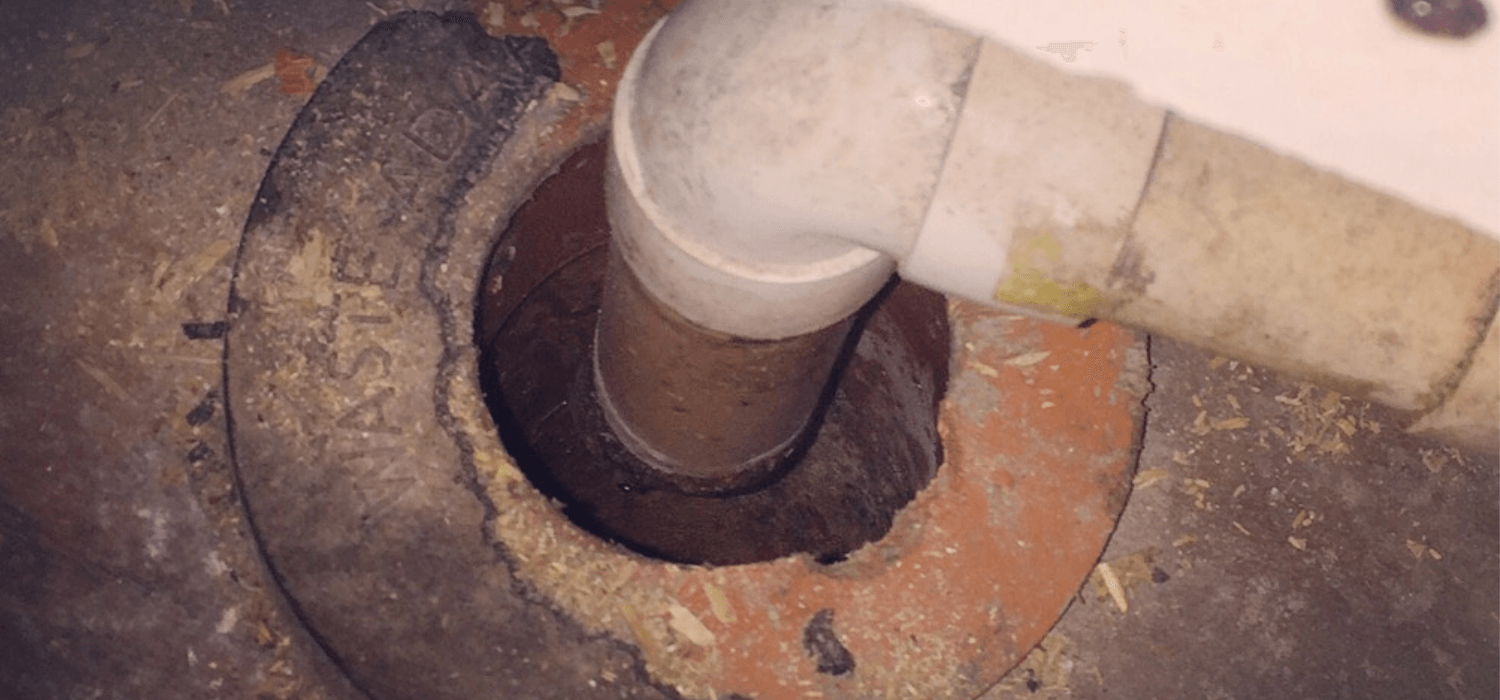How To Get Rid Of Rats In And Around Your Home
How To Get Rid Of Rats In And Around Your Home
Rat Control Check List

Rat Control Checklist: How to Get Rats Out of Your Bristol Home
Rats in your home can cause damage, spread disease, and create stress. At Pale Horse Pest Control, we’re committed to helping homeowners in Bristol tackle rat infestations effectively.
Rats are natural foragers with a varied, omnivorous diet, meaning they never need an invitation to invade your space. To manage them effectively, it’s important to consider their dietary needs when exploring control options.
Use this actionable checklist to identify, address, and prevent rat problems in your home.
Step 1: Identify Signs of a Rat Infestation
Before taking action, confirm you have a rat problem. Check for these signs:
- Droppings: Small, dark, pellet-shaped droppings in cupboards, along walls, or near food sources.
- Gnaw Marks: Chewed wires, wood, or plastic, often with bite marks about 2mm wide.
- Scratching Noises: Scurrying or scratching sounds in walls, ceilings, or under floorboards, especially at night.
- Nests: Shredded paper, fabric, or insulation in hidden areas like lofts or behind appliances.
- Grease Marks: Smudges along walls or baseboards from rats’ oily fur.
Step 2: Assess the Severity and Ask the Right Questions
Determine how serious the problem is to decide your next steps. Rats are not small creatures, and their presence raises important questions that Bristol homeowners are increasingly asking:
- Where did the rats actually come from? Understanding their entry points is key to effective control.
- Will poisoned rats stink up my home? Dead rats in walls or hidden spaces can cause unpleasant odours.
- What ethical or non-poison methods are available? Safer, eco-friendly options are gaining popularity.
Assess the infestation level:
- Occasional Signs: A few droppings or noises may indicate a single rat or early infestation.
- Frequent Signs: Multiple droppings, nests, or daily noises suggest a larger infestation.
- Daytime Activity: Seeing rats during the day often means a significant problem, as rats are typically nocturnal.
Step 3: Take Immediate Action
While traps and bait have been traditional remedies for rat control, these methods are falling out of favour as homeowners seek smarter, safer solutions. Start with these DIY steps:
Remove Food Sources: Store food in sealed containers, clean up crumbs, and secure rubbish bins with tight lids to disrupt rats’ omnivorous diet.
Use Traps: Place snap traps or live traps in areas with high rat activity, like along walls or near droppings. Use bait like peanut butter or chocolate.
Avoid Poison: Poison can lead to dead rats decomposing in hard-to-reach areas, causing odours and attracting other pests. Use only with professional guidance.
Step 4: Prioritise Exclusion
The very best method of rat control is exclusion. If rats can’t enter your home, they can’t thrive or breed. Here’s how to block their access:
- Inspect Your Home: Check for gaps larger than 1cm in walls, doors, windows, vents, or pipes.
- Check the Drains: At least 80% of rats enter buildings through faulty drainage. A drain survey, which typically costs £200-£400, can identify issues. Note that many insurance companies may not cover drain repairs, but may cover related pest control costs.
- Seal Gaps: Use steel wool, caulk, or metal mesh to close holes. Rats can squeeze through tiny spaces, so be thorough.
- Trim Vegetation: Cut back branches or shrubs near your home to reduce rat pathways.
Step 5: Maintain Prevention
Keep rats out for good with ongoing efforts:
- Regular Cleaning: Keep your home free of clutter and food debris to make it less attractive to rats.
- Monitor for Signs: Check weekly for new droppings, noises, or damage to catch issues early.
- Secure Outdoor Areas: Ensure sheds, garages, and compost bins are rat-proof.
Step 6: Know When to Call Pale Horse Pest Control
If your efforts don’t resolve the issue or the infestation is severe, professional help is essential. Pale Horse Pest Control offers:
Expert Inspections: Thorough assessments to locate nests, entry points, and drainage issues.
Safe Treatments: Eco-friendly, non-poison methods to eliminate rats without harming your family or pets.
Long-Term Solutions: Customised exclusion plans to prevent future infestations.
Take Control of Your Home Today
Rats don’t need an invitation to invade your Bristol home, but you can take charge with this checklist. By understanding their behaviour and focusing on exclusion, you can keep your property safe.
For expert assistance, Pale Horse Pest Control is here to provide fast, reliable, and environmentally responsible solutions.